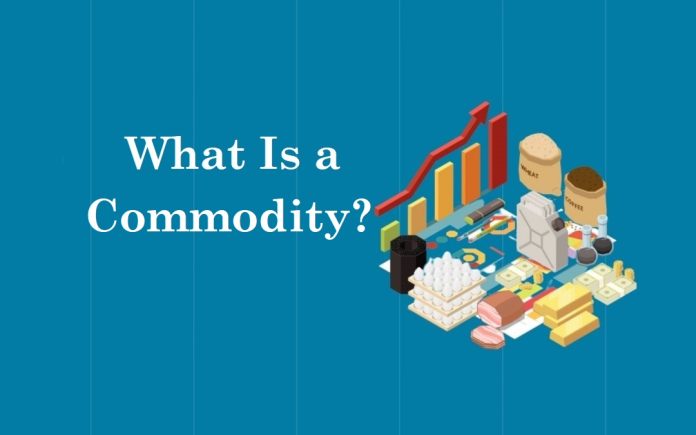
This content is for “Lifetime Access to All Articles and E-book” members only.
To access all content and download the e-book “THE Stock Market Guide to Profitable Investments”, please join now
To access all content and download the e-book “THE Stock Market Guide to Profitable Investments”, please join now
Already a member? Log in here









